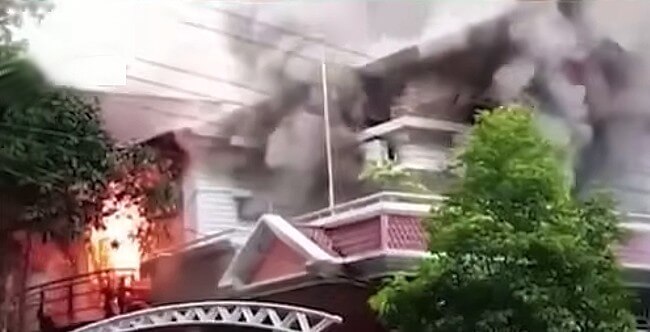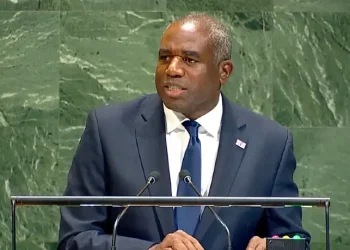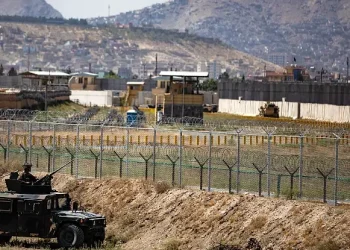Prominent leaders of the Awami League, one of Bangladesh’s major political parties, have fled their homes amid escalating unrest. Simultaneously, important party establishments have been set ablaze, marking a significant escalation in the country’s political crisis.
Leaders on the Run
Top figures within the Awami League have vacated their residences in response to rising tensions and threats. Reports indicate that these leaders are now in hiding, seeking safety as the political climate grows increasingly volatile.
This mass exodus underscores the severity of the current situation and raises questions about the stability and future of the party.
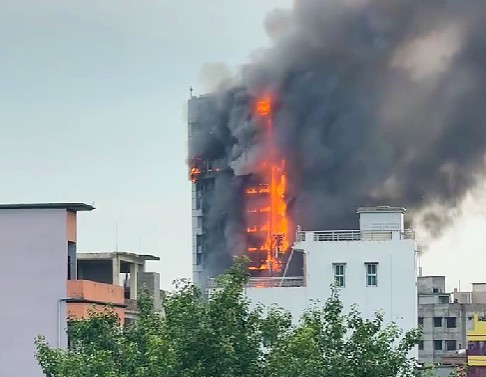
Establishments Burnt
Adding to the chaos, several prominent Awami League establishments have been set on fire. These attacks appear to be a coordinated effort to dismantle the party’s infrastructure and intimidate its members.
The destruction of these significant assets not only represents a substantial material loss but also symbolizes a broader assault on the party’s influence and authority.
Implications and Reactions
The flight of Awami League leaders and the arson attacks on their establishments have profound implications for Bangladesh’s political scene.
Firstly, it highlights the extent of the unrest and the challenges faced by the ruling party. The fact that leaders feel compelled to flee indicates a critical breakdown in security and governance.
Public reaction has been mixed. Supporters of the Awami League are understandably alarmed by these developments, viewing them as a direct attack on democracy and political stability.
On the other hand, opponents of the party may see this as an opportunity to gain ground amid the turmoil.
International observers have expressed concern over the escalating violence and its potential impact on regional stability.
The arson attacks, in particular, have drawn condemnation from human rights organizations, which are calling for an immediate cessation of violence and a return to peaceful political discourse.
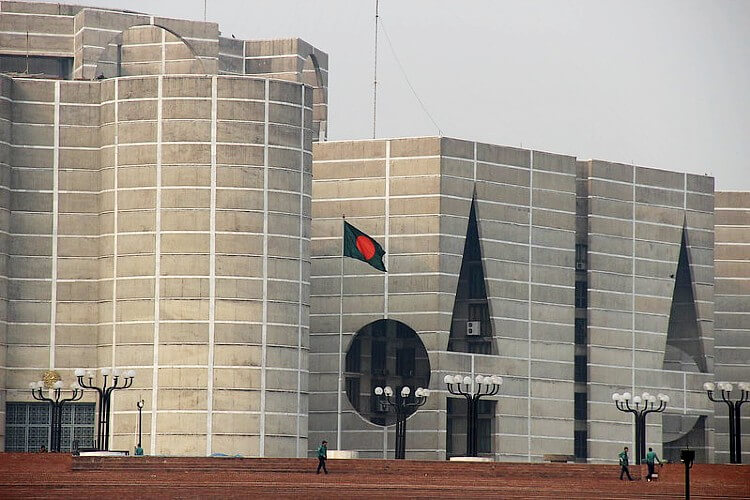
Bangladeshi Politics
This recent wave of violence must be understood within the broader context of Bangladesh’s turbulent political history. The Awami League, which has been a dominant force in Bangladeshi politics, is no stranger to conflict and opposition.
However, the current level of aggression and instability is unprecedented in recent years and has today lead to the Bangladesh’s parliament being dissolved.
The party has previously faced significant challenges, including political opposition, protests, and accusations of corruption. The new situation, marked by leaders on the run and widespread arson, represents a dangerous phase in the country’s political dynamics.
Main Points |
Description |
| Leaders in Hiding | Prominent Awami League leaders have fled their homes due to escalating threats. |
| Arson Attacks | Significant party establishments have been set on fire, symbolizing a broader assault on the party. |
| Public and International Reaction | Mixed responses domestically, with international concern over the violence. |
| Historical Context | Highlights the turbulent history and current unprecedented aggression against the Awami League. |
The Takeaway
As Bangladesh navigates this period of intense political upheaval, the flight of Awami League leaders and the targeted destruction of their establishments mark a significant and troubling development.
The implications for the country’s political future are profound, with potential repercussions for governance, stability, and democratic processes.
The world watches closely, hoping for a resolution that restores peace and upholds democratic values.
Sources: THX News, BBC, Reuters & The Economic Times.



